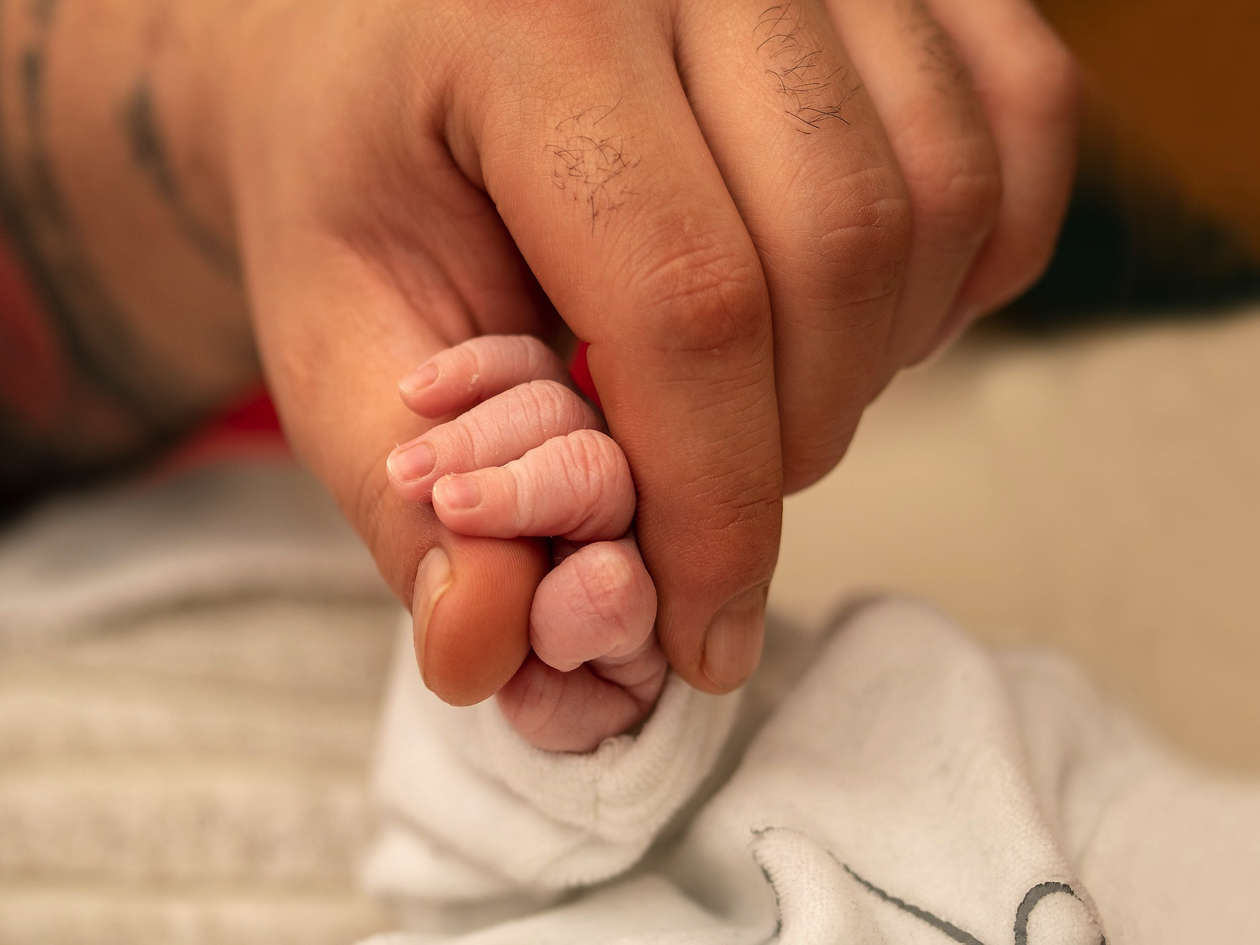Understanding Society allows researchers to look at a huge range of topics – health, immigration, and transport, for example – but at its heart, of course, is the household. This makes us a rich resource for anyone interested in family life, and we wanted to make it easier for researchers with a particular interest in child development to find the information they need.
That’s the thinking behind the Pregnancy and Early Childhood (PEACH) data file we launched in April. The PEACH dataset is a single cross-wave file that brings together what parents report for all children under 10 from all waves of the main survey, plus information on pregnancy and parenting styles. It makes it easy to track child development, and has been designed to link to our main datasets, so the child’s journey can be seen in the context of their family circumstances.
What’s in it?
We’ve gathered data from all children reported in the main survey, from Wave 1 to the latest release. The information is at the child-level, using each child’s unique person identifier number, to make them identifiable across all waves. The data include information such as:
- birth weight
- were they premature or ‘on time’?
- how much they cried as an infant
- how often parents read to the child at 3, 5 and 8 years old
- could they speak in full sentences at age 3?
- do parents spank child when disobedient?
We include age-specific information and things which stay the same once measured – so childcare and child maintenance have been left out.
We’ve also assigned values which explain why information may be missing. This could be because children haven’t reached the age to be asked a particular question yet, or they joined the Study when they were older, for example, and missed a question asked when they were younger.
As the name suggests, we also cover pregnancy, so the file also includes
- was the baby born through ‘normal delivery’ or by caesarean section?
- fertility treatment
- smoking and drinking during pregnancy
Who’s in it?
In the 12 waves of Understanding Society released so far, 32,192 children have been reported, and we started collecting a full set of child development questions at ages 3, 5 and 8 from Wave 3. To be included in the PEACH dataset, children need to be potential respondents to at least one of the child development age group questions (3, 5 or 8 years).
So, all children up to 6 years old who appear for the first time in Wave 1 are eligible, because they were 8 or younger in Wave 3. However, children who appear first in Wave 1 who were older than 6, and couldn’t be asked these questions in Wave 3 or afterwards, weren’t eligible. After we also excluded children with age inconsistencies, we ended up with records of 18,969 children.
Single source
Bringing them together like this makes it much easier for researchers to examine child development, because previously, they would have had to look in several different places for different kinds of variables on the subject.
Research questions
The new dataset will make it easier to monitor child development, which can help our understanding of delays in development, and potentially inform interventions to improve children’s skills and abilities. We know already that poor school performance and health problems are likely to be present in children with developmental disorders, and early treatment can make a real difference.
The first months of a child’s life are crucial to future learning, and our questions cover this period. During this time, a baby’s brain reaches over half of its adult size, and stimulation at this age has been linked with better outcomes at school, more confidence and improved social skills.
We know, too, that upbringing affects children’s intellectual and social skills. The way parents interact with their children affects not only their future decisions like educational choices, but it also has an immediate impact on children’s behaviour and wellbeing.
In our Study, when a child is 10, we ask both parents a set of questions based on the Parenting Styles and Dimensions Questionnaire to identify authoritarian, authoritative and permissive styles of parenting. We ask questions about responding to a child’s feelings, explaining consequences of misbehaviour, and physical punishment, for example. These questions, and the others in the set, can help to understand subjects such as whether parenting style is influenced by financial problems or physical or mental illness the parent might be experiencing.
Weighting
The dataset is weighted in a way that will allow researchers to carry out:
- cross-sectional analysis of one wave
- cross-sectional analysis from multiple waves
- longitudinal analysis
- more complex longitudinal analysis, looking at (for example) parent’s DNA or biomarker information, information from Covid questionnaires, or information on siblings.
In addition, Understanding Society provides online training on creating tailored weights for your analysis.
Why Understanding Society?
There are other datasets on children, but Understanding Society offers researchers something unique. We have data during pregnancy – and even from before a child is conceived. Also, we can put each child in context: our data on the whole family allows researchers to see their social, economic and family circumstances – and to see how they compare to their siblings. Plus, of course, after they are 10, they start filling in their own survey, which can be the beginning of following them across the whole lifecourse.
Download the PEACH file from the UK Data Service
For full information about all the variables, go to the PEACH User Guide (PDF)
Read the full blog here

